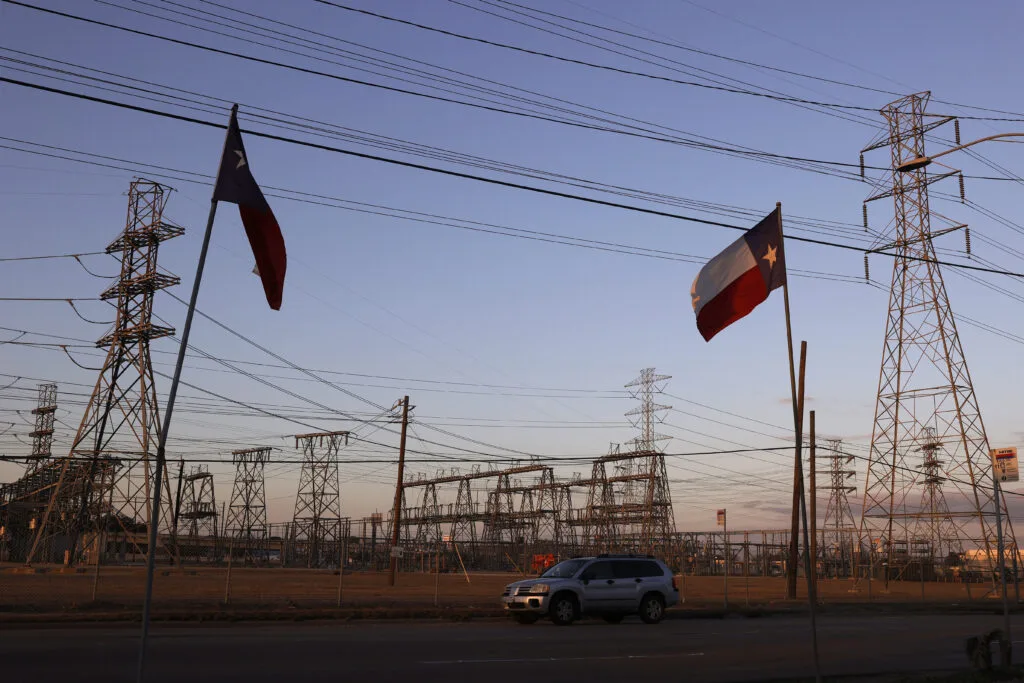Investigating the Texas Blackout

September 8, 2022
In February 2021, a powerful winter storm led to power outages — and an official tally of more than 200 deaths — across Texas. The Disconnect, a podcast from FRONTLINE’s Local Journalism Initiative partner, the Texas Newsroom, and Austin public radio station KUT, investigates the aftermath of the storm and the state’s response.
KUT’s Mose Buchele, Senior Correspondent for Energy & Environment and host of The Disconnect, joins The FRONTLINE Dispatch to talk about the state’s unique power grid, the deadly consequences when it failed and trying to hold officials accountable.
“At the end of the day,” Buchele said, “this is a system that seems sometimes intentionally set up to diffuse responsibility.”
Season 2 of The Disconnect, which is supported by FRONTLINE’s Local Journalism Initiative, is available at KUT and other streaming platforms.
Want to be notified every time a new FRONTLINE Dispatch podcast episode drops? Sign up for The FRONTLINE Dispatch newsletter.
Latest Documentaries
Explore
Policies
Teacher Center
Funding for FRONTLINE is provided through the support of PBS viewers and by the Corporation for Public Broadcasting, with major support from Ford Foundation. Additional funding is provided the Abrams Foundation, Park Foundation, John D. and Catherine T. MacArthur Foundation, Heising-Simons Foundation, and the FRONTLINE Trust, with major support from Jon and Jo Ann Hagler on behalf of the Jon L. Hagler Foundation, and additional support from Koo and Patricia Yuen. FRONTLINE is a registered trademark of WGBH Educational Foundation. Web Site Copyright ©1995-2025 WGBH Educational Foundation. PBS is a 501(c)(3) not-for-profit organization.



















